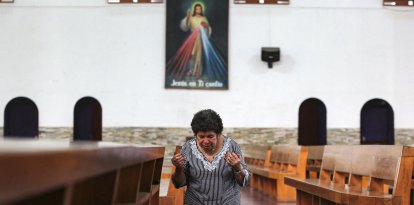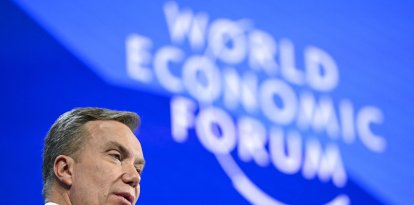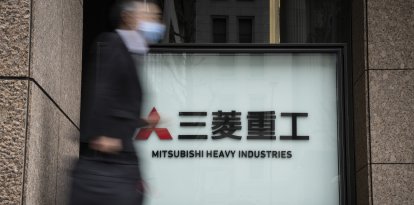Germany: SPD social democrats ratify a government coalition with CDU conservatives
The SPD accepted by 84.6% the agreement between the two formations, paving the way for the investiture of Friedrich Merz next Tuesday.

Friedrich Merz.
On Wednesday, the Social Democratic Party of Germany (SPD) approved a coalition agreement government with the conservative Christian Democratic Union (CDU), which would make conservative leader Friedrich Merz Germany's head of government.
The SPD, accepted by 84.6% the agreement between the two formations, paving the way for the investigation of Merz next Tuesday.
Merz will be officially elected to head the government on May 6 in the Bundestag, the lower house of the German parliament.
Also, AFP said that according to SPD sources, Lars Klingbeil, co-chairman of the formation, will be finance minister and vice-chancellor of the future government.
The option of a coalition between the country's two main parties was designated by voters as the favorite option in the polls. It is the result of trying to block the right-wing Alternative for Germany party (AFD), despite its second-best result in last February's elections.
Reducing illegal immigration, one of Merz's pledges
Once in power, Merz will have to fulfill many of his campaign promises, such as reducing illegal immigration, after several deadly attacks involving asylum seekers. A situation highly criticized by the AfD.
In January, the CDU had joined forces with the AfD to pass a five-point plan calling for greater efforts to prevent illegal immigration, intensify deportations and multiple other migration controls.
However, after the February elections, Merz indicated that he intended to reach out to the SPD, led by the defeated Olaf Scholz. Since then, the conservative leader has sought to form a coalition with a left that has shown support for illegal and large-scale immigration in Germany.
Likewise, Merz, Merkel's longtime rival, and with no governmental experience, faces the challenges of closer relations with the Trump administration, and the growing Russian threat on the continent.


























